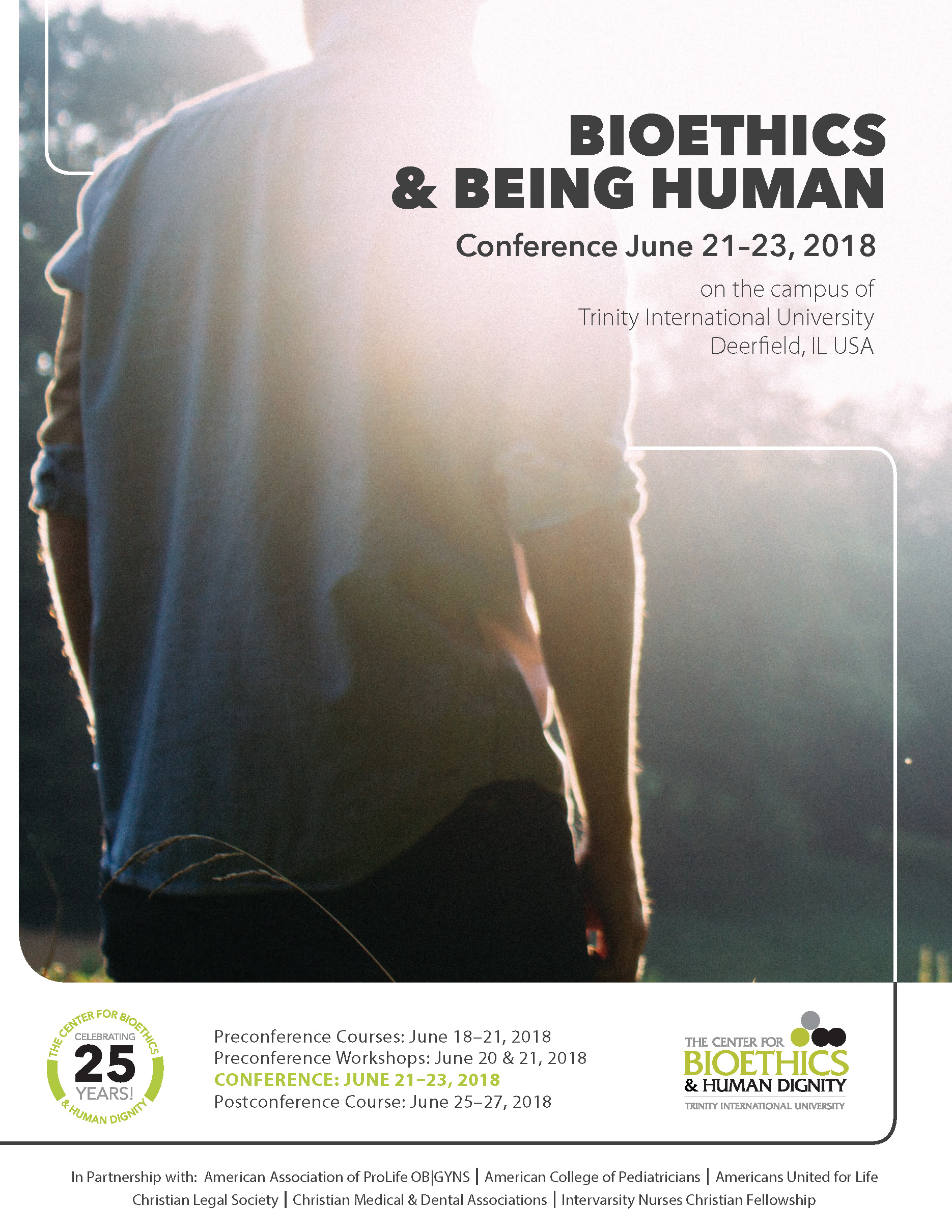
Major recent research initiatives such as the NIH BRAIN Initiative and the Research Domain Criteria (RDoC) project of the National Institute of Mental Health (NIMH) seek to better articulate the underlying neural pathways associated with mental disorders and adverse mental health outcomes, in the hope of developing novel diagnostic and treatment approaches. These initiatives may indeed lead to welcome developments in psychiatric research, but they will never result in a comprehensive neurobiological account of mental illness that does not require moral judgment, both because the specification of a state of affairs as “mental disorder” requires moral judgment and because brain science cannot supply a morally neutral account of proper function for human life as a whole. Far from rescuing psychiatric diagnosis and treatment from ethics and politics, these research programs are themselves ethical and political movements that shape our cultural ways of seeing both human nature and humans’ adverse experience and behavior. We will consider the implications of these movements in the context of mental health treatment, and will consider how Christians might understand humanness and approach mental health treatment in ways that appreciate these developing research movements, but escape the lure of neuroessentialism.